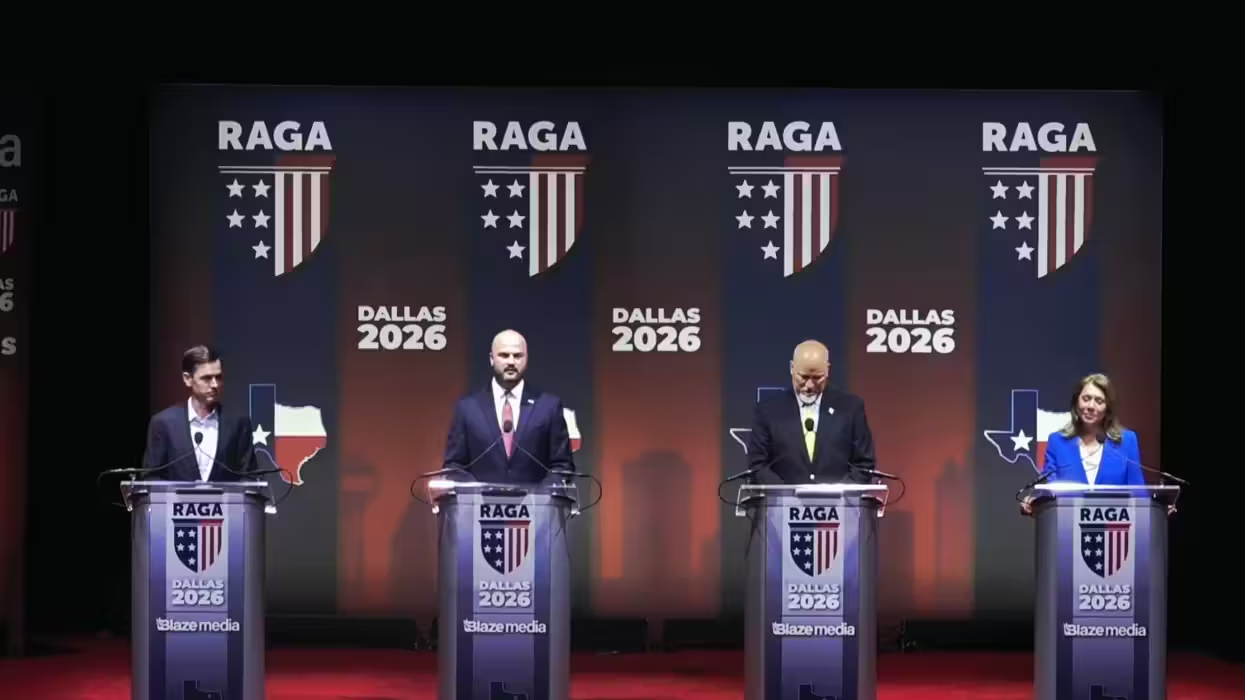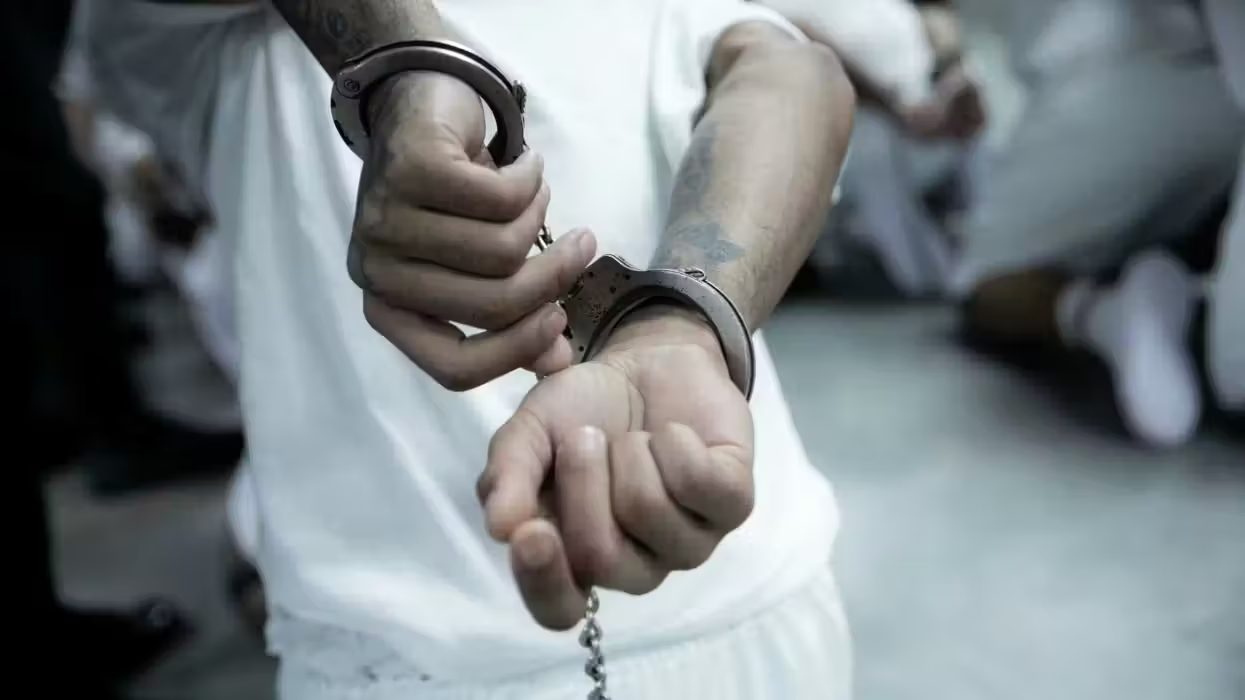A conservative legal firm is accusing Supreme Court Justice Ruth Bader Ginsburg of violating the Judicial Code of Conduct, a set of regulations governing the professional actions of federal judges.
At the heart of the claim are recent comments made by Ginsburg about gay marriage battles that are currently pending before the Sixth District Court of Appeals, which governs Kentucky, Michigan, Ohio and Tennessee, as the Associated Press reported.
The Supreme Court Justice told an audience at the University of Minnesota Law School Tuesday that "there will be some urgency" if the appeals court backs bans on gay marriage, forcing the Supreme Court to act more promptly.
But if the Sixth District Court of Appeals rules in favor of same-sex marriage, she said there's plenty of time for the high court to weigh in, according to the AP.
 In this July 31, 2014 file photo is Associate Justice Ruth Bader Ginsburg in her Supreme Court chambers in Washington. (AP Photo/Cliff Owen, File)
In this July 31, 2014 file photo is Associate Justice Ruth Bader Ginsburg in her Supreme Court chambers in Washington. (AP Photo/Cliff Owen, File)
Liberty Counsel founder Mat Staver has since spoken out against these claims, though, arguing that Ginsburg was seemingly taking a stance on the matter and violating professional standards.
"It is a violation of an ethical code," he told TheBlaze Friday. "Judges are not supposed to make public comments on cases that are pending before them, especially saying which way they would vote before hearing the merits of the matter."
Staver added in a separate press release that he believes Ginsburg violated the Judicial Code of Conduct and that she should recuse herself from cases that involve gay marriage.
In addition to her comments on the matter, he noted that the justice has officiated same-sex marriage ceremonies — yet another act that he believes is problematic.
"Justice Ginsburg’s comments implied that the merits of the state constitutional amendments defining marriage as one man and one woman were such that the Supreme Court would have to overturn them with haste, if upheld by the Sixth Circuit Court of Appeals," he said.
Canon 2 of the Judicial Code of Conduct explains that judges are required not to allow outside influence to impact their judgment and that they should act in a way that instills confidence in the law.
"A judge should respect and comply with the law and should act at all times in a manner that promotes public confidence in the integrity and impartiality of the judiciary," the code reads. "A judge should not allow family, social, political, financial, or other relationships to influence judicial conduct or judgment."
 Associate Justice Ruth Bader Ginsburg in her Supreme Court chambers in Washington, Thursday, July 31, 2014. (AP Photo/Cliff Owen)
Associate Justice Ruth Bader Ginsburg in her Supreme Court chambers in Washington, Thursday, July 31, 2014. (AP Photo/Cliff Owen)
But claims surrounding the Judicial Code of Conduct are difficult when it comes to the Supreme Court, as the justices actually aren't bound by its terms — a fact that has sparked considerable debate over the past few years, as concerns over the justices' conduct and conflicts of interest have intensified.
There's most certainly a more voluntary regard for the Judicial Code of Conduct among Supreme Court judges and, since there are no bodies above the high court to force justices' hands, the rules are not as cut and dry as they are for every other federal judge who is definitively bound by the law.
Justices like Ginsgurg have to recuse themselves of their own accord, Staver said, because there is "no other higher authorities to appeal to" in order to seek a mandatory recusal.
So, while Ginsburg might have violated the spirit of the code, since she technically isn't bound to it, the situation seems to fall into a grey area — one that some scholars have sounded the alarm on, calling for the high court to officially adopt an official code of ethics.
Supreme Court Ethics Act of 2013 was a proposed House bill that would have required the high court to "promulgate a code of ethics for the Justices of the Supreme Court that shall include the five canons of the Code of Conduct for United States Judges," though it was never passed.
Staver pledged to monitor the situation to see what Ginsburg does next, noting that it might be possible to file a grievance against her for purported violations based on her licensing.

 In this July 31, 2014 file photo is Associate Justice Ruth Bader Ginsburg in her Supreme Court chambers in Washington. (AP Photo/Cliff Owen, File)
In this July 31, 2014 file photo is Associate Justice Ruth Bader Ginsburg in her Supreme Court chambers in Washington. (AP Photo/Cliff Owen, File)






